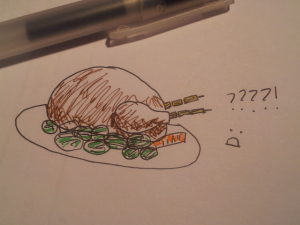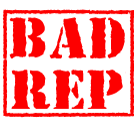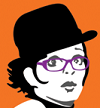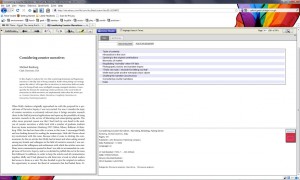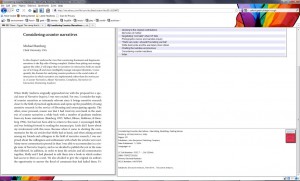Books are awesome, so here are some questions about books and my answers.
The book I am reading: These questions were written by someone who reads one book at a time, finishing each one before starting the next. I am not that person. I rarely have one book on the go, and am possibly infuriatingly promiscuous.
The Junior Officers’ Reading Club – Patrick Hennessey
Rise Up, Women! The Militant Campaign of the Women’s Social and Political Union, 1903-1914 – Andrew Rosen
Methods for Critical Discourse Analysis – edited by Ruth Wodak and Michael Meyer
Introducing Forensic Linguistics – Janet Cotterill and Malcolm Coulthard
I recently finished Rivers of London by Ben Aaronvitch and have been dipping into GenderQueer: Voices from Beyond the Sexual Binary edited by Joan Nestle, Riki Wilchins and Clare Howell.
The book(s) I am writing: My thesis, ahahahaha. Hahaha. Ha.
The book I love most: But you can’t have one you love most! The others will be upset.
The last book I received as a gift: Not quite a gift but they’ll probably end up residing with me, but my mother has just lent me Never Let Me Go by Kazuo Ishiguro and Pillars of the Earth by Ken Follett.
The last book I gave as a gift: One Day by David Nicholls for my mother. As a family of avid readers, we tend not to give surprise books to each other – it’s impossible to keep up with that many bookshelves. Instead we each get a book allowance at Christmas, agonise for ages over which ones to choose, then get someone else to wrap our chosen books.
My favourite book-as-a-gift was to an ex – an out-of-print collection of essays called Mornings in the Dark by Graham Greene. I managed to stumble upon a copy in a little second-hand bookshop in Liverpool – a beautiful hardback copy in near perfect condition, almost like it was waiting for me.
The nearest book on my desk: I’m not at my desk, but somewhere on the kitchen table is an article about purple, green and white colours in fashion during the suffrage campaign (I thought it sounded interesting) and have “Stunning, shimmering, iridescent: Toys as the representation of gendered social actors” by Carmen Rosa Caldas-Coulthard and Theo van Leeuwen open on google books.
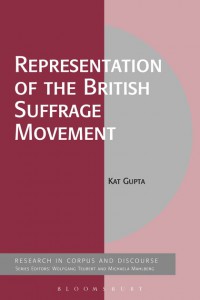 You have no idea how long I’ve been sitting on this, but last week I sent off the manuscript so I’m pretty confident it’s going to happen!
You have no idea how long I’ve been sitting on this, but last week I sent off the manuscript so I’m pretty confident it’s going to happen! 
